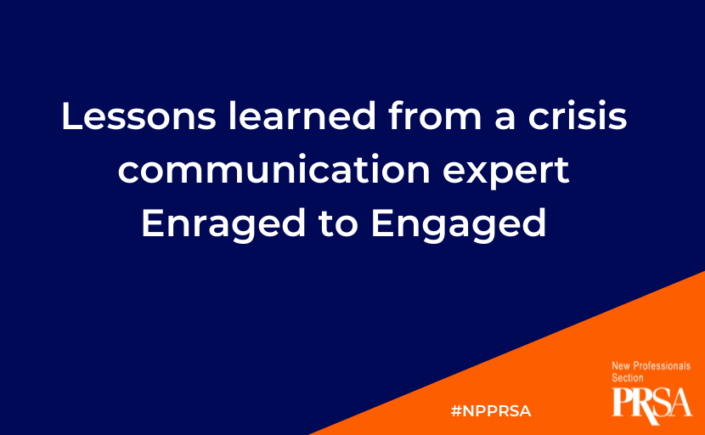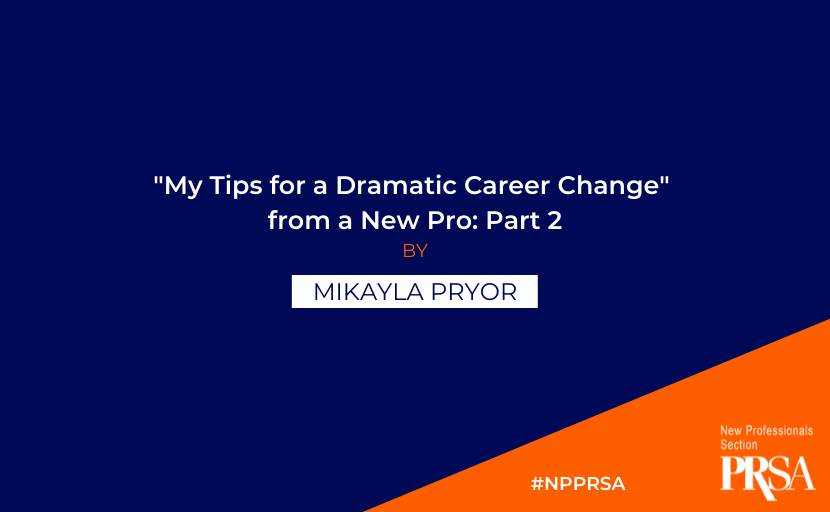This is the continuation of a three-part series. If you’d like to read my first entry, start here.
Hello again! First, we talked about getting in the right mindset, then we talked about preparing for the job search, finally, we will be discussing what to do for interviews and how to deal with it afterward.
Rehearse without an interview
When you think about it most behavioral interview questions boil down to a few things: Are you reliable? Are you skilled? Are you easy to work with? Look up interview questions online and write responses to them. This will give you a collection of answers to pull from depending on the question. It’s not cheating. You’re exhibiting your thought process and experiences. The only thing that changes is the possible employer. Also, think of previous positions and how they could apply to these questions as well. Remember your past is valuable. For tests and technical questions, after taking the time to learn a new skill your capability should appear naturally. If an interview doesn’t go well think of what didn’t work and review it. Don’t be afraid to ask the recruiter for feedback.
Save the Scraps
Eventually, you will need a portfolio of your writing abilities to show employers. After an unsuccessful interview or two, you may feel you aren’t getting anywhere but fear not. With every failure, there is always something to take from it. Save your writing tests. Whatever it is, a social media post, press release, or pitch. Save it, improve it, and add it to your portfolio. Don’t let the screener call and 40-minute interview be in vain. This time worked in your favor. Free material in your own words and ideas. You’re welcome.
Remember you are doing your best
Keep in mind that you are HUMAN. If you don’t get a role it usually isn’t, a reflection on you. The company will put its needs first meaning finding the person who can fill those needs. Just because they don’t think you’re a good fit doesn’t mean you aren’t skilled or have nothing to offer. No one will really know who you are in 40 min interview. Job searching can be challenging especially on your self-esteem. Remember to take breaks during your search. Meditate, exercise, consider therapy, and do things that make you happy. You work to live, you don’t live to work.

About: Mikayla Pryor was born and bred in Charleston, SC. She currently lives in Atlanta, Georgia working for Berlin Rosen on the New York Public Affairs Advocacy team. She is also the Blog Chair for the PRSA National New Pros Committee. Her hobbies include studying aerial hoop, watching anime, and feeding her beagle mix too many treats.


